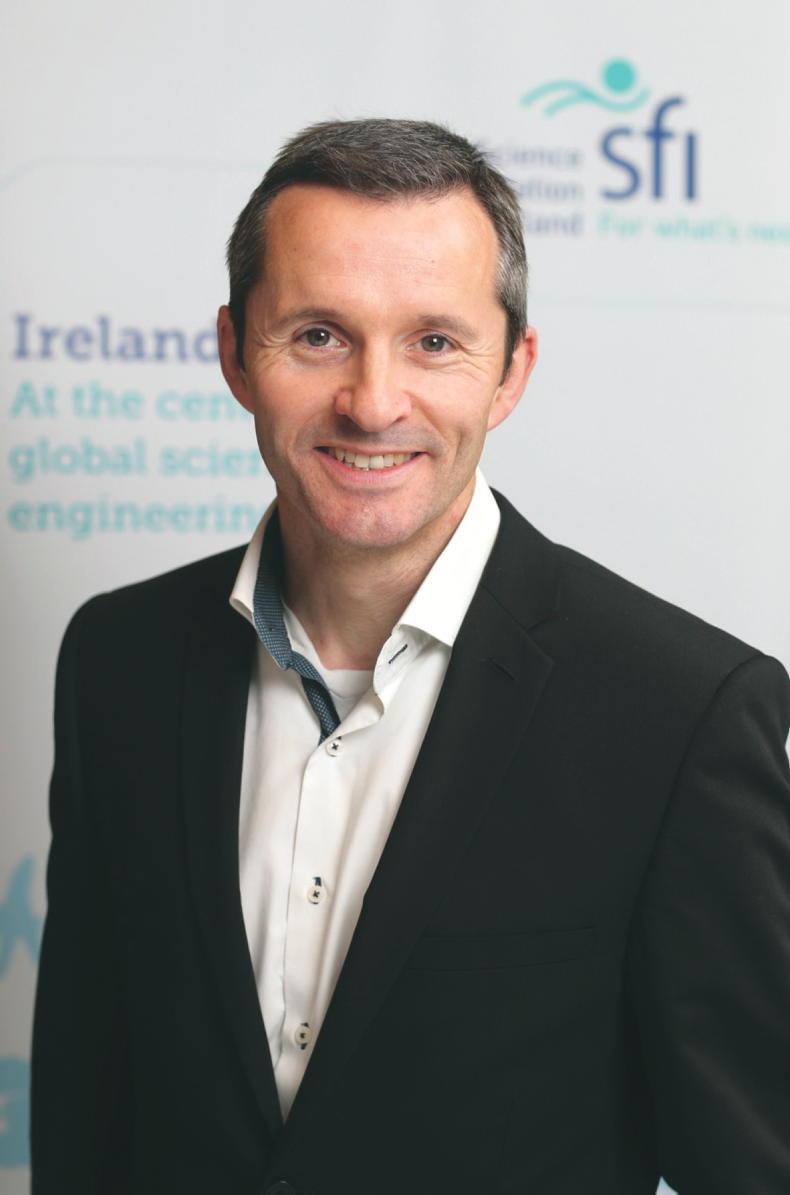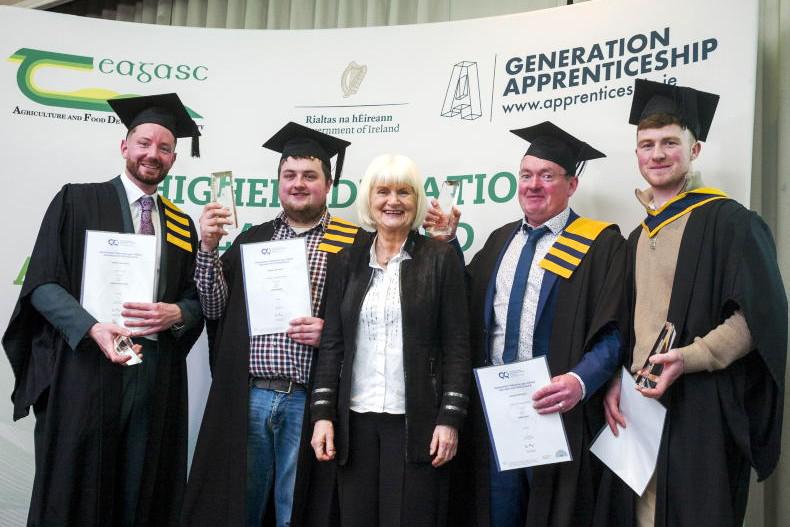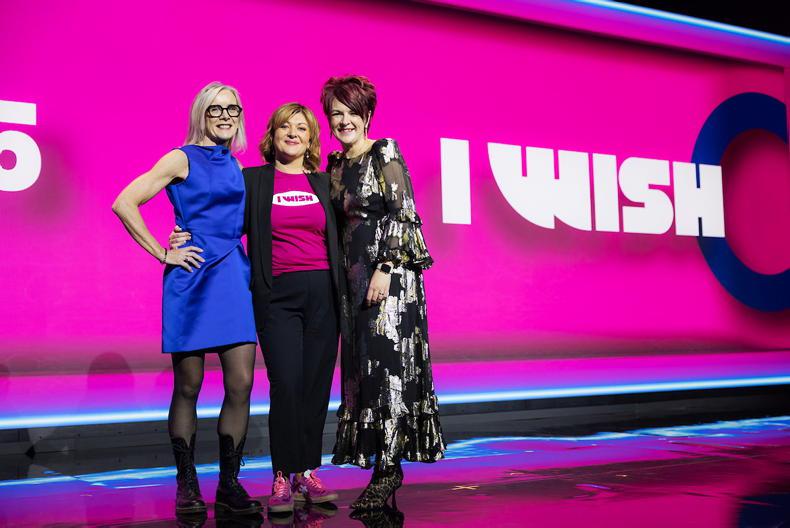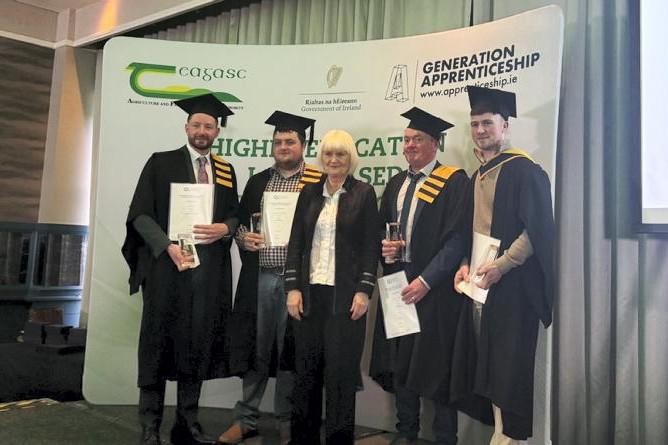The first Science Week took place in 1995 and it has continued to evolve and grow over the past 28 years.To mark Science Week 2023, 15 free-to-attend festivals are taking place across the country from 12 to 19 November.
The theme of this year’s Science Week focuses on what it means to be human and how the decisions we make today will impact humans of the future.
What is Science Week?
Science Week Ireland is a nationwide celebration of science, technology, engineering and mathematics (STEM). This annual initiative aims to inspire curiosity and provide informative and thought-provoking events that will promote the importance of STEM education and research in Ireland.
Science Week has grown to become a nationwide movement, according to
Dr Ciaran Seoighe, deputy director general, Science Foundation Ireland.

Dr Ciarán Seoighe, Deputy Director General, SFI.
“It allows young people, in particular, to see science as fun, inclusive, engaging and relevant. It helps to demonstrate how human creativity, curiosity and concepts have transformed every aspect of human life,” explains Ciaran.
“Getting younger people involved and understanding the importance of the subject helps to nurture a broad appreciation of the value of science and develop a pipeline of talented researchers who, in turn, contribute to future-proofing our society and economy.”
Engaging curiosity
The beauty of science is that unbeknownst to them, very young people are already engaging in it long before they see it as a curriculum-based subject or even something called ‘science’.
“Asking questions about almost anything – the repetitious, unrelenting “but why?” of a young child – is the first articulation of curiosity that is at the heart of scientific discovery. It is important at all ages that parents, guardians, mentors and teachers nurture that curiosity and encourage children and young people to engage in science,” Ciaran says.
Science is relevant to everyone
The word ‘science’ often conjures up images of lab coats, goggles, microscopes and complex equations that are beyond the reach of most people. But it’s much more than that, according to Ciaran.
“Science – being all around us in many different forms – is relevant to everyone,” he says.
“Researchers are discovering new things all the time because, by our very nature, humans are curious creatures. On top of what I would call ‘day-to-day curiosity’, we also need disciplined, structured and appropriately resourced research, conducted by skilled and dedicated researchers”.
First, second, third and fourth-level education institutions in Ireland play a pivotal role in cultivating that community.
“That pathway is as much about the journey as the destination. And it’s a path that I would strongly encourage current prospective students to consider,”says Ciaran.
Key events to attend
A range of events involving industry, colleges, schools and libraries will take place nationwide next week offering people of all ages the opportunity to engage with STEM.
• Father of the Cyborgs: screening
and panel discussion, 19 November,
Lighthouse Cinema Dublin.
• NASA Citizen Science Clouds Workshop, SpaceFest 2023: 12 November,
National Space Centre, Middleton, Cork.
• The Vitruvian – Uncovering the
Layers of Cancer: 4 to 15 November, Esker Arts Centre, Tullamore Co. Offaly and
6 to 19 November, Dundrum Town Centre, Dublin.
• Creating a Passive House: Cavan Monaghan Science Festival, 15 November, Carrickamoss Library, Co. Monaghan.
•Empowerment at Midlife – the science and style of the menopause: November, Radisson Blu Hotel, Athlone.
For more information on how to get involved visit scienceweek.ie
Read more
Land-based horticulture apprenticeship takes off
Agri Careers: better work-life balance needed for rural vets
The first Science Week took place in 1995 and it has continued to evolve and grow over the past 28 years.To mark Science Week 2023, 15 free-to-attend festivals are taking place across the country from 12 to 19 November.
The theme of this year’s Science Week focuses on what it means to be human and how the decisions we make today will impact humans of the future.
What is Science Week?
Science Week Ireland is a nationwide celebration of science, technology, engineering and mathematics (STEM). This annual initiative aims to inspire curiosity and provide informative and thought-provoking events that will promote the importance of STEM education and research in Ireland.
Science Week has grown to become a nationwide movement, according to
Dr Ciaran Seoighe, deputy director general, Science Foundation Ireland.

Dr Ciarán Seoighe, Deputy Director General, SFI.
“It allows young people, in particular, to see science as fun, inclusive, engaging and relevant. It helps to demonstrate how human creativity, curiosity and concepts have transformed every aspect of human life,” explains Ciaran.
“Getting younger people involved and understanding the importance of the subject helps to nurture a broad appreciation of the value of science and develop a pipeline of talented researchers who, in turn, contribute to future-proofing our society and economy.”
Engaging curiosity
The beauty of science is that unbeknownst to them, very young people are already engaging in it long before they see it as a curriculum-based subject or even something called ‘science’.
“Asking questions about almost anything – the repetitious, unrelenting “but why?” of a young child – is the first articulation of curiosity that is at the heart of scientific discovery. It is important at all ages that parents, guardians, mentors and teachers nurture that curiosity and encourage children and young people to engage in science,” Ciaran says.
Science is relevant to everyone
The word ‘science’ often conjures up images of lab coats, goggles, microscopes and complex equations that are beyond the reach of most people. But it’s much more than that, according to Ciaran.
“Science – being all around us in many different forms – is relevant to everyone,” he says.
“Researchers are discovering new things all the time because, by our very nature, humans are curious creatures. On top of what I would call ‘day-to-day curiosity’, we also need disciplined, structured and appropriately resourced research, conducted by skilled and dedicated researchers”.
First, second, third and fourth-level education institutions in Ireland play a pivotal role in cultivating that community.
“That pathway is as much about the journey as the destination. And it’s a path that I would strongly encourage current prospective students to consider,”says Ciaran.
Key events to attend
A range of events involving industry, colleges, schools and libraries will take place nationwide next week offering people of all ages the opportunity to engage with STEM.
• Father of the Cyborgs: screening
and panel discussion, 19 November,
Lighthouse Cinema Dublin.
• NASA Citizen Science Clouds Workshop, SpaceFest 2023: 12 November,
National Space Centre, Middleton, Cork.
• The Vitruvian – Uncovering the
Layers of Cancer: 4 to 15 November, Esker Arts Centre, Tullamore Co. Offaly and
6 to 19 November, Dundrum Town Centre, Dublin.
• Creating a Passive House: Cavan Monaghan Science Festival, 15 November, Carrickamoss Library, Co. Monaghan.
•Empowerment at Midlife – the science and style of the menopause: November, Radisson Blu Hotel, Athlone.
For more information on how to get involved visit scienceweek.ie
Read more
Land-based horticulture apprenticeship takes off
Agri Careers: better work-life balance needed for rural vets










SHARING OPTIONS